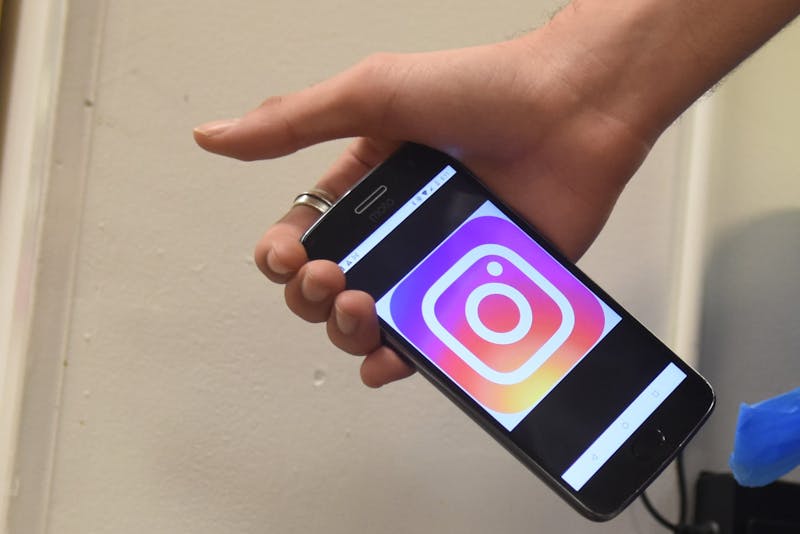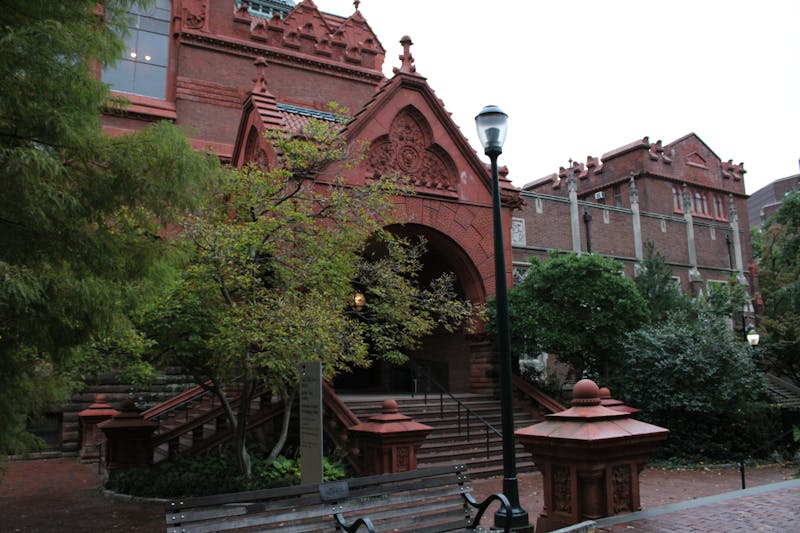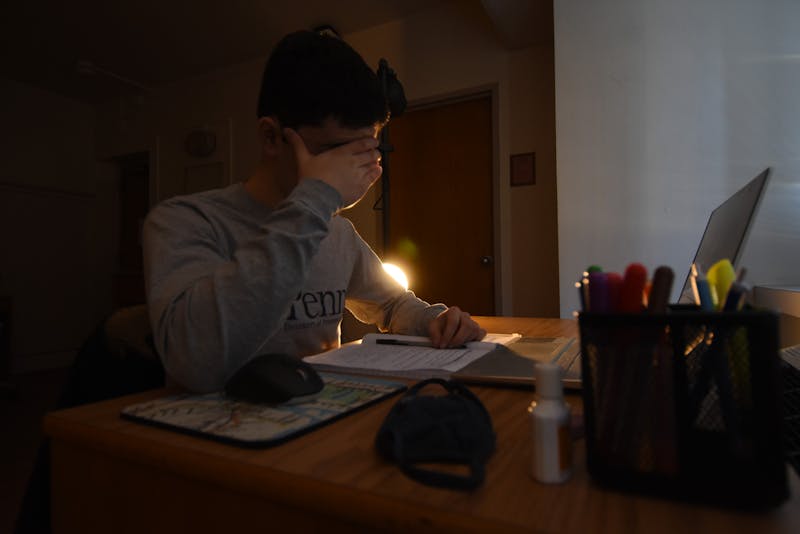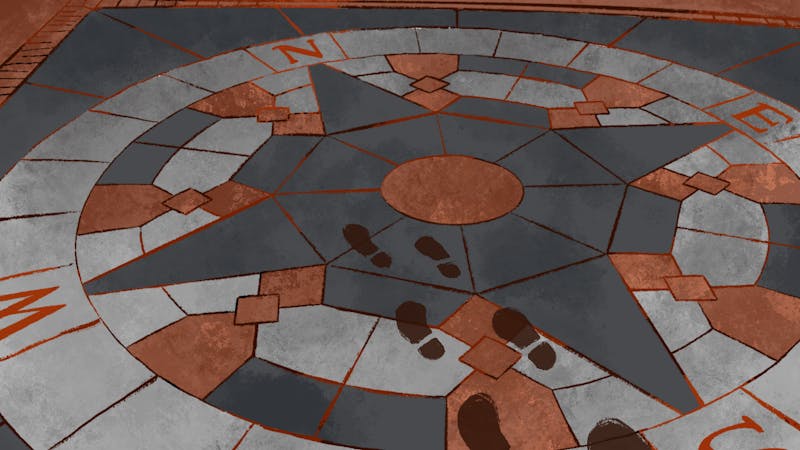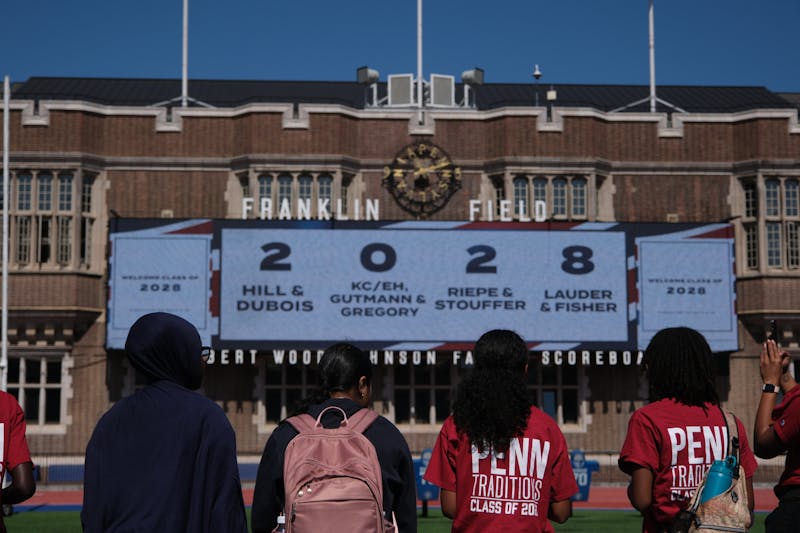
As a naive high school student with practically no conception of what college courses looked like, I was eager to escape from my intimate, 15-person classes to the lively debates and eccentric teaching styles found in college lectures. I’m appalled to admit that the idea of cold calling excited me. I foolishly envisioned myself responding with witty answers that would amass applause from my professor and peers. I personally blame Harvard Business School for fueling my faulty imagination. Fifteen-year-old me would shamelessly rewatch their popular Youtube videos revealing an insider's view of their case method classrooms, brimming with enthusiasm and eloquent speakers.
Barely a week into classes at Penn, my reality came crashing down. With a schedule now packed with lectures, I eagerly anticipated my first college seminar class. The sizable 100-plus-person classes lacked the open conversations and diverse college voices that I eagerly awaited, and somehow I found myself anticipating the small classrooms once again. While Penn offers top-notch connections and incredible resources, what I most looked forward to were the active discussions and authentic perspectives created from putting people from all across the globe on one campus. What I found instead was a splitting image of my high school dynamic: one not conducive to fully integrated discussions.
Coming into class on the first day my peers and I, still getting familiar with each other, keenly shared funny anecdotes and exchanged names, excited for the prospect of finding new passions and learning from each other. Only a week in, and classes began to show familiar signs of previous experiences.
Walking into a particular college seminar after crossing the three-week line, I noticed how repetitively similar seating arrangements became. Not even a month in, social divisions were becoming distinct as newly formed friend groups and gender divisions gradually took shape. The novelty of being surrounded by new people gradually lessened, and classmates began to sort themselves by habit.
Comfort takes precedence, and social divisions don’t necessarily happen by choice, but often by chance. The more vocal students sit together on one side, while the silent ruminators take the other. The large group of athletes will sit on one corner, while the girls hoping to rush the same sororities sit in the middle. These patterns are formed by a natural habit, but they stop us from forming an equally engaged classroom.
Writing seminars, notoriously known for being somewhat lackluster educational experiences, are some of the first college seminar classes to which Penn students get exposed. The writing seminar I chose is a part of the SNF Paideia Program, aimed at facilitating productive dialogue. What this program also includes, unbeknownst to many, is a range of opportunities to grow close with your classmates, whether it be through occasional lunches or class dinners funded by the program. What started as a class subtly divided in cliques slowly morphed into a community of peers completely comfortable with each other.
Crafting a classroom where every person feels included is not an easy task. The Paideia Program, due to its generous funding, has been able to cultivate a stronger community outside school hours. During a dinner sponsored by Paideia, my class incorporated coursework and topics from class texts into icebreaker questions that got us acquainted with one another. Yet, even within the classroom, simple strategies alone can be used to eliminate the exposure of those social patterns. Most effective in our class was the constant group arrangements preventing us from forming habitual seating patterns, and instead encouraging us to hear diverse voices and a new blend of backgrounds.
As simple as seating patterns are, these little changes are the big make-or-break situations that alter our entire perception of the class. Class is twice as engaging when we can anticipate new ideas and unfamiliar voices. While it’s easy to fall into comfort zones and old habits, a chance to break the typical high school cliques is one worth taking when richer, more meaningful conversations can come out of it.
ALYMA KARBOWNIK is a College first year from Maplewood, N.J. Her email is alymak@sas.upenn.edu.
The Daily Pennsylvanian is an independent, student-run newspaper. Please consider making a donation to support the coverage that shapes the University. Your generosity ensures a future of strong journalism at Penn.
Donate




